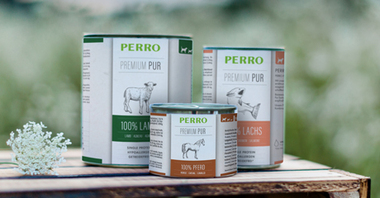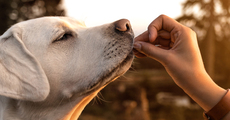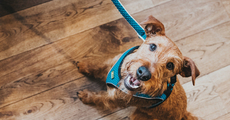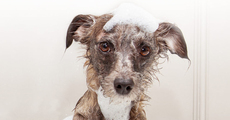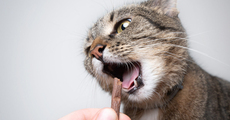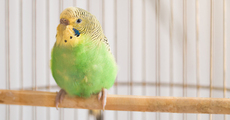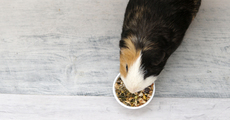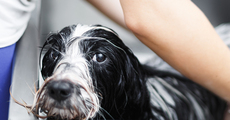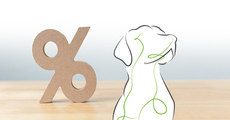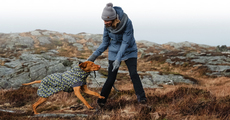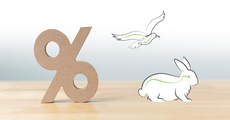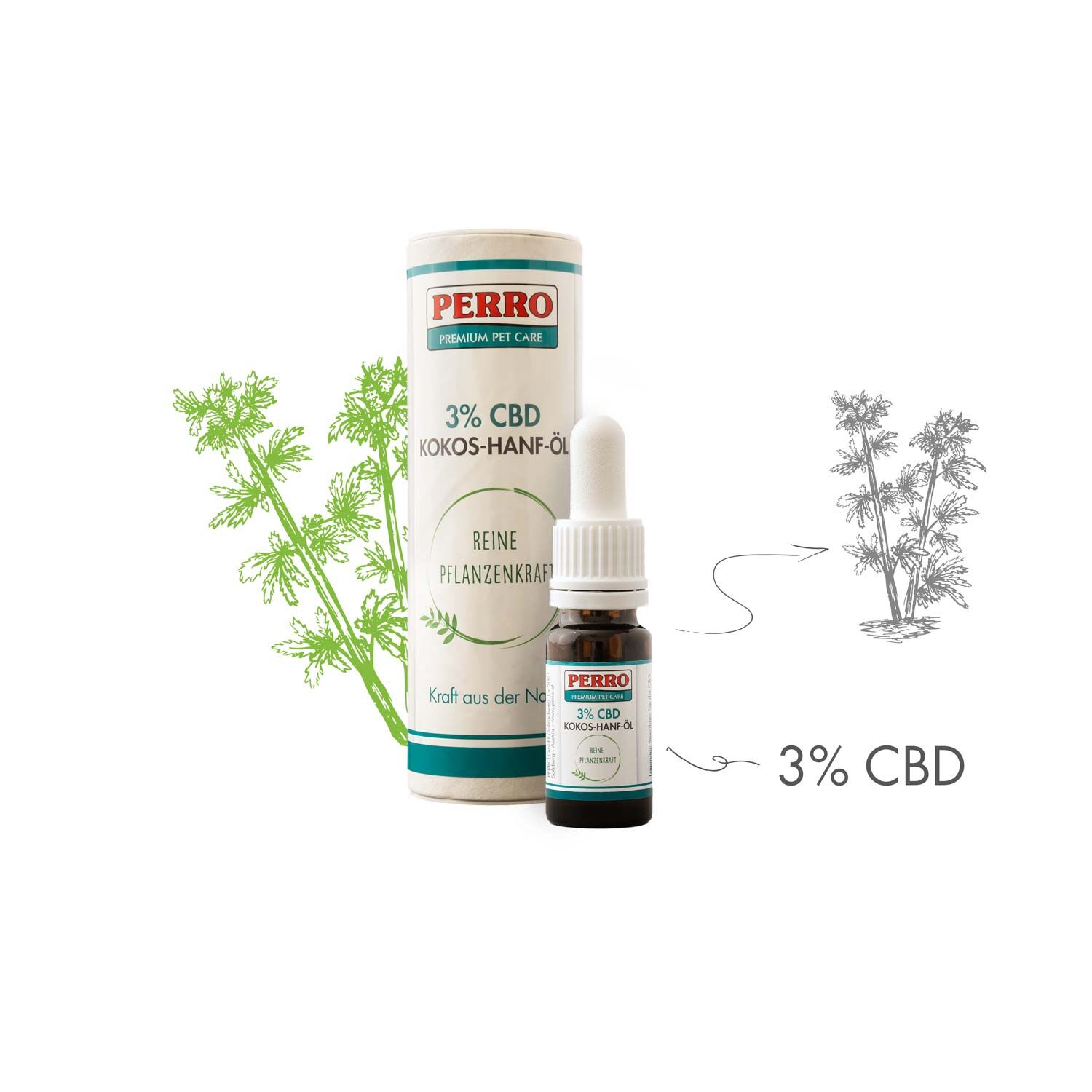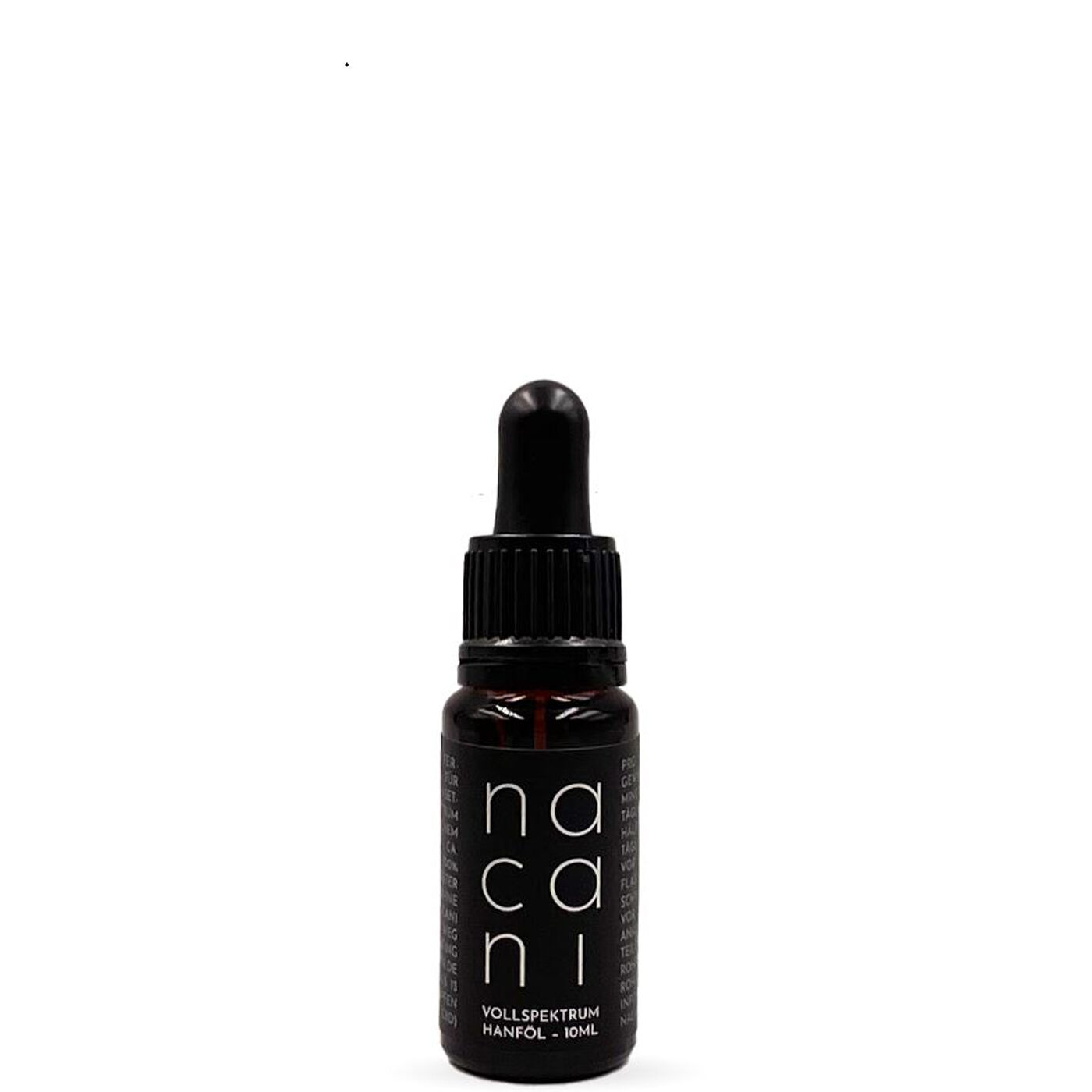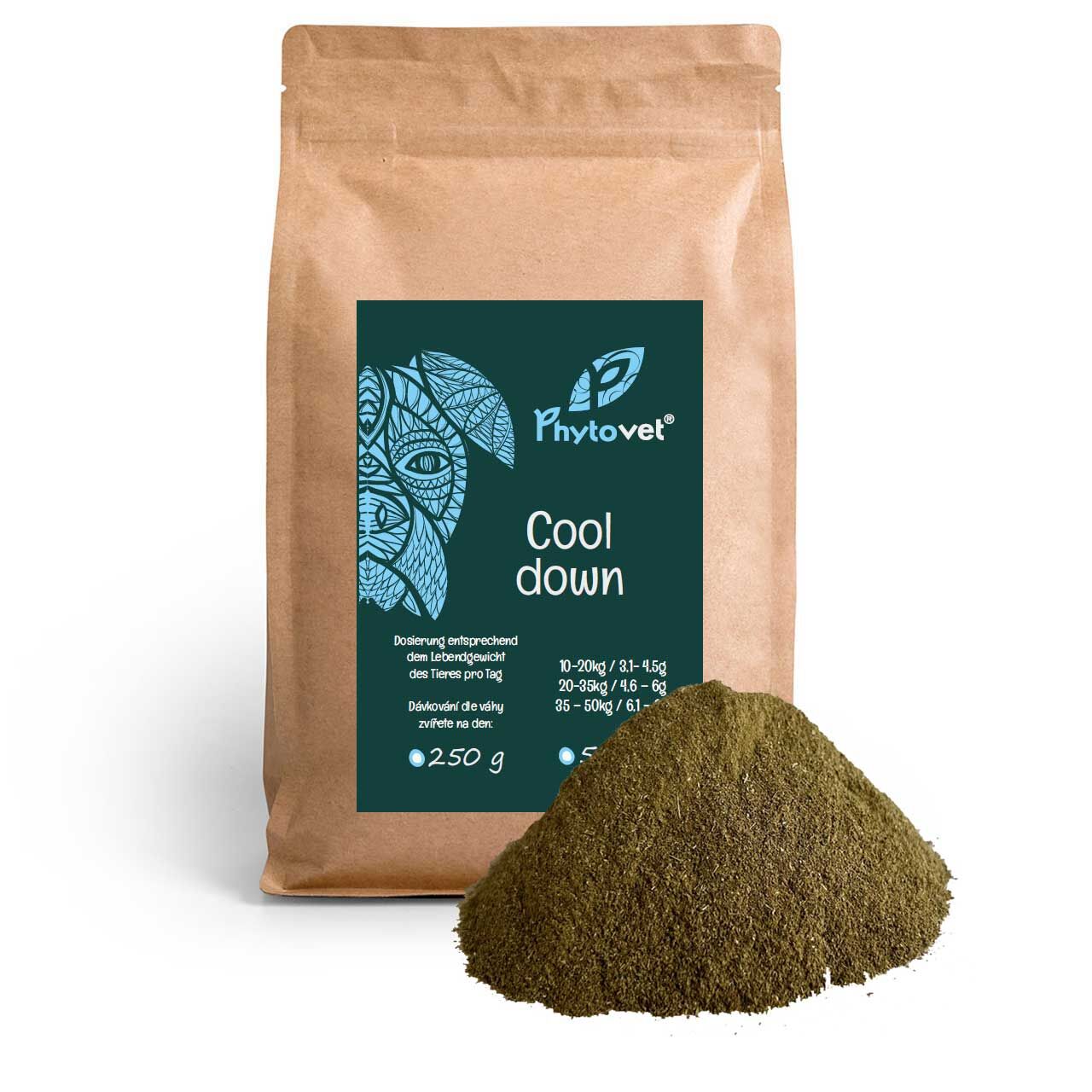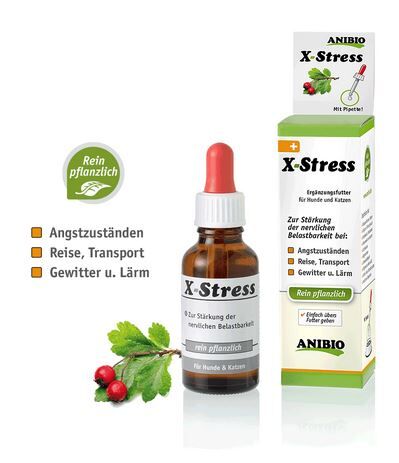Relieve stress! Help anxious dogs naturally.
Violent summer storms, the banging and hissing at New Year's Eve or even visits to the vet - in certain situations, our dogs are overcome with fear and react with maximum stress. We tell you how you can help your dog in such situations.
The fear in dogs
Fear is an important and natural protective mechanism of the body to (potential) dangers. A feeling of fear warns the dog or makes him aware that something could be dangerous. Each dog expresses and shows its fear differently.
What happens in the dog's body during anxiety?
Stress is an enormous burden for the body. Adrenaline and noradrenaline are released, and blood pressure and pulse rate skyrocket. Blood is now pumped primarily to the muscles to prepare them for flight or fight.
The digestive organs and certain brain areas now have to cope with less blood. If this condition lasts longer, it is not only uncomfortable for the dog but also unhealthy. Therefore, it is important to support him.
What helps dogs with stress and anxiety?
Every dog deals with fear differently and therefore there is no generally valid patent remedy. Therefore, the empathy or the much quoted "gut feeling" of the human is needed to help the dog in a stressful situation in the best possible way.
Keep Cool
If you want to help your dog, you must also pay attention to your own behaviour. Because with their fine sensory perceptions, they notice exactly when we humans are stressed or afraid. A clear, calm expression and body language helps the dog. Allowing the dog to be close to you and stroking him also help him. Contrary to popular belief, which assumes that the dog's fear is then confirmed, affection has a positive effect on stressed dogs.
Fear of thunderstorms and New Year's Eve - this helps the dog
5 simple tips to help your dog with loud (banging) noises.
| Action | What to do? |
| Close windows and doors | If available, lower the shutters. This way the animals will hear less of the storm |
| Create places of retreat | Many dogs also like to "hide" in dens, for example a transport box with a blanket over it or for very small dogs a cat den. |
| Distraction by familiar sounds | Some animals respond well when you turn on the radio or the television. A familiar sound distracts the pelt-noses |
| Play as a distraction | Some dogs can also be distracted by playing. Especially dogs with a strong play instinct have a good chance of doing this. |
| Food and treats | Chewing also calms the nerves of our best friends. The favourite food or treats can work wonders. |
Natural help against anxiety
Many dog owners swear by the gentle but efficient power of nature in natural preparations. Herbs, CBD hemp oil, B vitamins and magnesium for strong nerves - nature has a colourful potpourri of gentle little helpers ready. Most dogs respond very well to them. And since they are not chemical pills, they can be administered with a clear conscience.
How dogs cope with fear
The fear-management strategies of dogs are also known as the 4 F's:
| Strategy | Explanation |
| Flight | Flight: The dog moves away from the potential threat as quickly as possible. |
| Freeze | Freeze: The dog remains in a state of immobility and keeps every muscle of its body under full tension. Lying in wait is one of the freeze patterns. |
| Fight | Fight: The dog tries to put the threat to flight or indicates "Don't come near me." The last resort is the attack. |
| Flirt or "Fool around" | Fooling around: Also called appeasement and reminiscent of puppy behaviour. Although it does not seem so, the dog is stressed. |
The behaviour a dog shows in a stressful situation is very individual and also depends on what possibilities it has at the moment.




